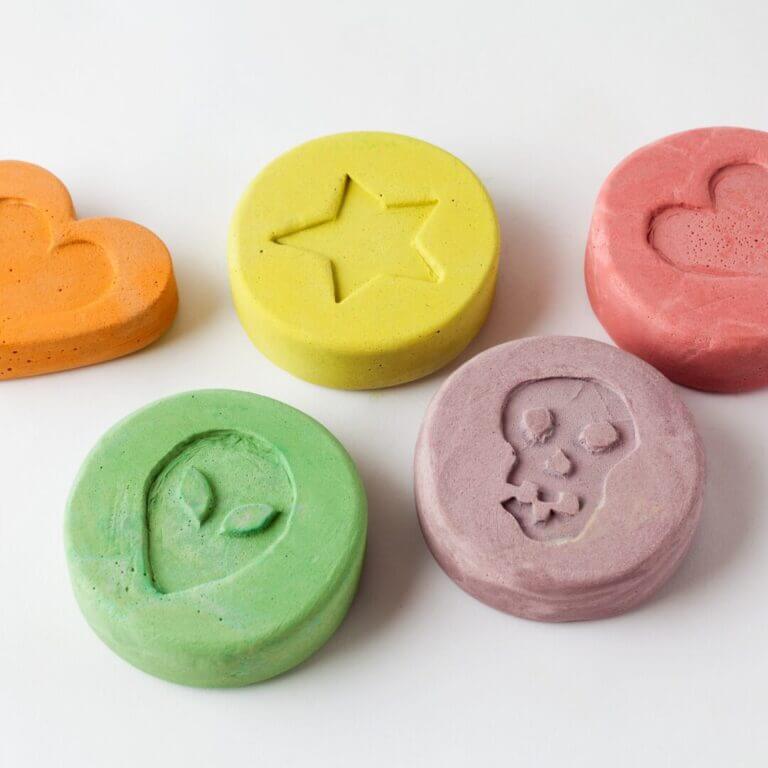Living with a mental health condition can be a daunting journey in itself, but when substance use disorder (SUD) and bipolar disorder coexist, the difficulties can become even more complex.
Both bipolar disorder and SUDs are serious conditions that require careful management, and when they intersect, individuals often find themselves facing a unique set of obstacles on their path to substance abuse recovery.
If you or a loved one struggles with both of these disorders, let’s learn more about the unique challenges these conditions pose and strategies for overcoming them.
What is bipolar disorder?
Bipolar disorder, previously referred to as manic-depressive illness or manic depression, is a mood disorder characterized by extreme shifts in mood, energy, and activity levels. It typically consists of manic episodes (elevated mood, high energy) and depressive episodes (low mood, loss of interest). Bipolar disorder can affect an individual’s ability to function in daily life.
There are four subtypes of Bipolar disorder:
- Bipolar 1: characterized by having manic episodes, followed by depressive or hypomanic episodes — which can sometimes lead to a psychotic break from reality.
- Bipolar 2: characterized by having depressive and hypomanic episodes but no manic behaviors.
- Cyclothymic disorder: You’ve experienced at least two years of less severe depressive and hypomanic episodes.
- Others: mostly brought on by other diseases (like Cushing’s, a stroke or others), medications or substance use.
Co-Occurring Bipolar Disorder and Addiction
When both bipolar disorder and SUDs coexist, it’s known as a dual diagnosis, or, co-occurring disorders. This presents a unique and often complex panorama that requires an increased level of care. Some of the issues that someone who lives with both conditions can be:
- Self-medicating: One of the primary challenges is the tendency to self-medicate. People with bipolar disorder may use substances to cope with the intense mood swings, trying to dull the pain of depression or heighten the elation of mania. This self-medication can lead to a cycle of substance use, making both conditions worse.
- Misdiagnosis: The symptoms of bipolar disorder and SUD can sometimes overlap, leading to misdiagnosis or delayed diagnosis of one or both conditions. This can result in inadequate treatment and prolonged suffering.
- Medication interactions: Managing medications for bipolar disorder while dealing with SUD can be complicated. Some psychiatric medications used to stabilize mood may interact negatively with other substances they might be taking. This interaction can affect medication efficacy and increase the risk of adverse reactions.
- Triggering environments: Environments that foster substance use can exacerbate the challenges — individuals with both conditions may find it difficult to avoid triggers, such as social situations where substances are readily available.
- Impulsivity: Both bipolar and SUD can lead to impulsive behavior. The combination can intensify impulsivity, making it harder to resist the urge to use substances or engage in risky behaviors during manic episodes.
- Stigma and feelings of isolation: The stigma associated with mental illness and substance use can compound feelings of shame and isolation. This can hinder individuals from seeking help and support.
- Relapse risk: Recovery from SUD is often marked by relapses, which can be especially risky for those with bipolar disorder. Relapse can trigger mood episodes, leading to a cycle of worsening symptoms.
Overcoming the challenges of treating bipolar and substance use disorder
While living with both bipolar and SUD can be incredibly difficult, it is important to remember that recovery is possible. Here are some strategies that can help individuals navigate these unique challenges:
- Receive integrated treatment: Seek out treatment programs that specialize in co-occurring disorders, which can be highly effective.
- Find a dual support system: Build a strong support system that includes mental health professionals, support groups and loved ones who understand the complexity of your situation.
- Find additional education resources: Learn about both bipolar disorder and SUD to understand their effects and triggers better. Knowledge is a powerful tool in managing these conditions.
- Make lifestyle changes: Make positive lifestyle changes, including exercise, a healthy diet, and stress management techniques, to support stability and reduce the risk of relapse.
- Create a relapse prevention plan: A professionally-guided relapse prevention plan can include coping strategies to help with shifting mood episodes and addiction cravings.
- Having self-compassion: Practice self-compassion and self-forgiveness. Understand that recovery is a journey with ups and downs, and setbacks do not define your worth.
Seeking professional help, building a strong support system and staying committed to treatment are important steps in managing these conditions. Individuals can work towards a more stable and fulfilling life by addressing both disorders simultaneously and holistically.
Ashley Addiction Treatment is a residential treatment center for individuals that may need help with substance use disorder. For more information about our innovative program, please reach out to the team today at (800) 799-4673.



